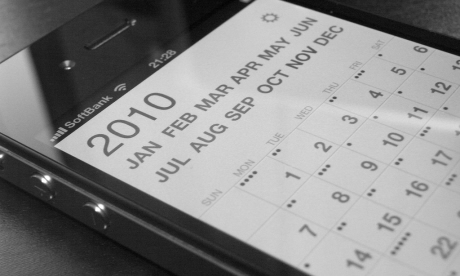
Don't leave your travel-health preparations until the last minute. Follow these tips to ensure you have a safe trip
Check the Foreign & Commonwealth Office website to make sure your intended destination is not listed as unsafe to visit. Your insurance will be invalidated if you ignore FCO advice. You should keep checking this advice up until departure – situations can change quickly.
Buy travel insurance, the sooner the better as it will cover cancellation in case of illness. See www.wanderlustinsurance.co.uk.
Make an appointment at your GP to discuss immunisations. Travel health appointments are not prioritised in the NHS so you may wait two to three weeks for an appointment, especially as thorough consultations take time. You should be able to get vaccines for hepatitis A, typhoid, DPT (diphtheria, pertussis, tetanus) and polio free on the NHS. You might need a private travel clinic for more exotic immunisations.
Travel health advisors should tell you which vaccines are necessary in order to be allowed into a country (for example, some countries require you to show a yellow fever vaccination certificate on entry); such regulations have nothing to do with protecting your health. The nurse may suggest that some vaccines are optional – you’ll need to decide how far you’ll be from competent medical help to aid your decision about having the anti-rabies immunisation.
Women might like to consider delaying menstruation by starting Depo-Provera injections; a family planning clinic or GP can advise. You can acquire male and female condoms free from family planning clinics.
Research the challenges – is the climate going to suit you? Are you afraid of leeches? Find out how easy it’ll be to phone and email home. Flick through a guide to the country.
Find your record of past immunisations. Check www.fitfortravel.nhs.uk and click on your destination country: this will mean you’re well informed before visiting your GP.
See your GP practice nurse; surprise her with your new-found knowledge of Japanese encephalitis/random exotic diseases. Your consultation will be more fruitful – and you’ll be better placed to know how to save money on immunisations – if you do some homework.
Know about any allergies you have and any medicines you should avoid.
Ensure you know how you are going to organise regular medications: do you know the generic names of what you take? Do you need to travel with a doctor’s letter explaining why you are carrying meds? This should get you out of trouble at customs.
Shop for the right clothes. Do you need lightweight 100% cotton cover-all clothes? Or layers to keep the cold out? I like packing silk or cotton neck-scarves – to keep the heat in and dive-bombing biters out.
Buy insect repellent. Also, consider if you want to permethrin-treat your clothes to keep malarious mosquitoes off. It is crucial to prevent bites as malaria isn’t the only threat in the tropics and subtropics: there has been a dramatic increase in dengue fever in the past ten years, with an estimated 50 million cases worldwide annually.
Make up or buy a little first aid kit. Pack steristrips and know how to use them. Check any equipment and think about how you’ll recharge it. Ensure you know how to erect your mosquito net and how you’ll keep it up. And does your net need reproofing? Nets should usually be reproofed every six months.
Shop for antimalarials. Britain is a leading importer of malaria: nearly 2,000 people bring it back as an unwanted souvenir; perhaps ten will die of it every year. So it’s crazy to head into malarious regions without taking prophylactics.
Antimalarials are effective in preventing deaths, although – like any medicine – they have the potential to cause side-effects. Shop around to see which is likely to suit you and your destination best. If you decide to take Lariam and have never taken it before, now is the time to start the pre-travel trial.
Consider if you want to take Dukoral, a cholera vaccine that provides some protection against travellers’ diarrhoea, but only for three months. If you do, take the first dose two weeks before travel, the second one week before.
Practise-pack your bag – and see what you can leave out. Get some flight socks to protect yourself from deep vein thrombosis.
Meditate on the importance of hand-washing. Search out a little hand-gel and chant the mantra ‘peel it, boil it, cook it or forget it’. This rule will help protect you from diarrhoea and even echovirus infection.
If you’re planning to take Lariam as your antimalarial and it isn’t your first experience of taking it, now’s the time for the first tablet.
Email yourself your passport details, insurance numbers and essential contacts.
If your antimalarial is doxycycline or Malarone, start taking it now so you’ve got 24-hours’ worth inside you for touchdown.
For more travel health planning advice see www.8weekstogo.co.uk.